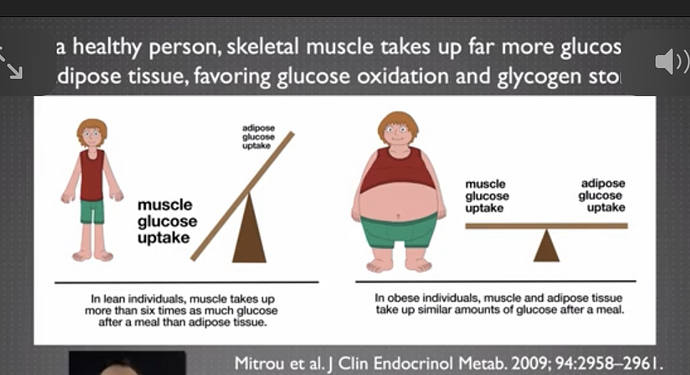I have Hashimoto, and I am over weight.
I have lost 35 pounds, but I have another 25 to reach my ideal weight. After a year on Keto, I stopped losing weight (5 months ago). Right know T3 and T4 are not in the correct parameters, and I feel tired, not like when I started Keto that I felt very energetic
I do intermittent fasting (8 x 16 almost daily, sometimes 4 x 20, and eventually 24 hours fasting).
I want to know if prolonged fasting is OK with Hashimoto.
Any advice to break the plateau?
Question about hashimoto's hypothyroidism and prolonged fasting
Congrats on your losses so far Marlene.
I’m no expert on Hashimoto’s but I did find this article that talks about it and fasting.
Fasting has an impact on the thyroid. Since fasting directly impacts metabolism and the way body uses energy, it causes a drop in thyroid hormone T3 and an increase in reverse T3 (rT3). Hormone T3 is crucial for the body to use energy, but during fasting the body wants to conserve as much energy as possible, because it’s unclear when food will be eaten again.
The drop of T3 hormone levels is caused by a lower rate of conversion from T4 to T3, and it balances back once the normal feeding patterns continue (25, 26).
This could explain your drop in energy although I’m uncertain how fat adaptation affects this.
I’m not a Hashimoto expert by a long shot, but I do know that during an extended fast, resting metabolic rate is maintained by the adrenal system with the a significant up-regulation of norepinephrine. I don’t know how that would effect your condition, but it may not be positive.
I think @atomicspacebunny has done some research on this. If I recall her conclusion was that thyroid issues and extended fasting don’t mix well. Definitely correct if I’m wrong Bunny.
Thanks for the tip What is
[quote=“Don_Q, post:4, topic:84675”]
norepinephrine
[/quote] ?
I think this is more of a leptin resistance issue if thyroid markers are high (T3) so upping the carbs and calories then very slightly and gradually reducing them over a period of time and get a feel for what your doing and eat healthy keto foods when you really feel hungry (be honest with yourself?) that may be more beneficial in the short term to burning actual body fat than restricting carbs down to 20, 30 or even 50 grams (not ready for that yet?) in other words your not hitting the ground running where the rubber meets the road, this may because the body is thinking your trying to starve it, so it just won’t let go of the body fat; so it chooses to burn the dietary fat instead and when that’s all gone it just stops and tries to make glucose to put back into the fat cells instead of into the skeletal muscle tissue where the extra sugar/glucose gets burned up immediately for energy when glycogen stores are replenished instead of back into the fat cells?
Here are some of the better post I did on thyroid;
Before you trail off into the sunset with this information read this snip from Dr. Peter Attia:
“…Since the first metabolic priority for ingested carbohydrate is glycogen replenishment, I can, in this setting, consume probably somewhere between 60 and 120 gm of carbohydrate following this ride and stay in ketosis. Why? Because those carbohydrates are prioritized to replenish my glycogen stores AND I am highly insulin sensitive. Note the AND in this last sentence. (The especially astute reader will realize some of this glycogen debt will be replenished by protein and glycerol, the latter of which is liberated by lipolysis – see post on fat flux for a primer). Clearly I didn’t consume this amount of carbohydrate on my daughter’s birthday, so why was I out of ketosis the next day? Because my glycogen debt was not high. Of course, I knew this and didn’t really care. But, if I know my wife wants to go out for sushi one night, and I know she’s going to make me eat a California roll, I can “rig it” such that I show up to dinner with a glycogen debt appropriate enough to enjoy them without significantly interfering with my liver’s BHB production. …” …More
A warning!
A warning!
WOW! TThanks for such good advice and useful information.
I have a consultation with the doctor next week. I will insist on the lab that you recommend
I read everything!
You are a Keto and Thyroid gurú! Thanks
One extra data: I am in ketosis: between 1.2 to 1.8, but Glucose in the morning is over 100. (This is something different)
I read about Dawn phenomenon
Any comment?
These are some other interesting posts about fasting blood sugars and blood sugars in general compared to insulin sensitivity:

